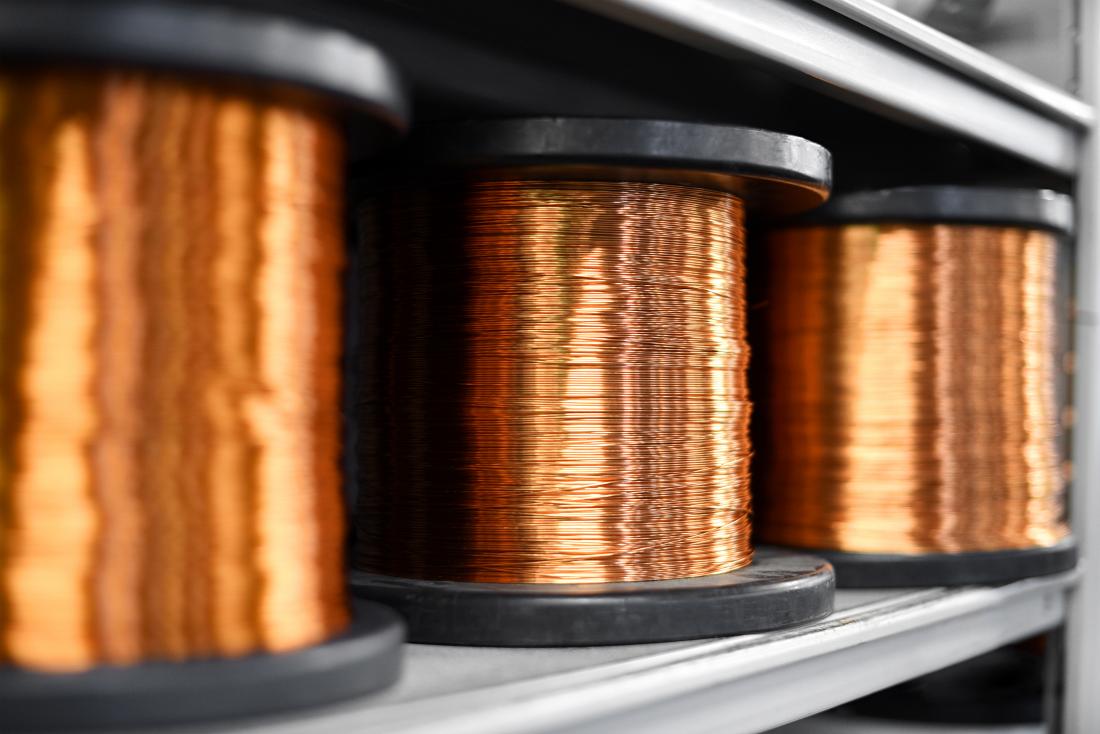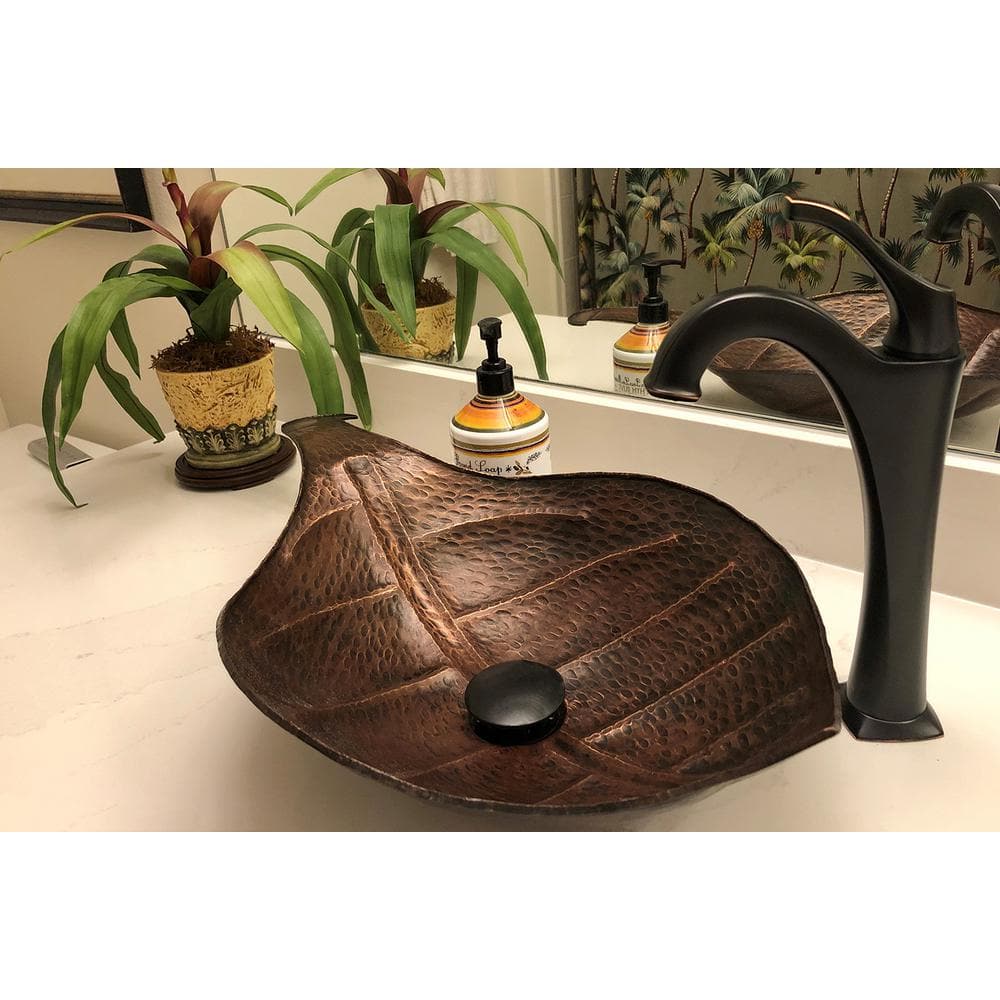Discovering the Diverse Applications of Copper Products in Modern Industries
From boosting the effectiveness of electric systems to playing an essential duty in sustainable power technologies, the convenience of copper is apparent. As sectors significantly prioritize development and sustainability, the varied applications of copper warrant a closer assessment, particularly concerning their possible impact on future technological developments and ecological methods.
Electrical Applications of Copper
Copper is a necessary material in the electric sector, accounting for roughly 60% of the overall demand for non-ferrous metals around the world - Copper Products. Its superior electrical conductivity, which is almost two times that of aluminum, makes it the preferred choice for a vast array of electrical applications. From circuitry systems in household and business structures to high-voltage power transmission lines, copper ensures efficiency and reliability in electrical energy distribution
In enhancement to electrical wiring, copper is important to the production of electric elements such as electric motors, generators, and transformers. These elements take advantage of copper's thermal conductivity and pliability, crucial for warmth dissipation and reliable efficiency. Copper's resistance to deterioration improves the life expectancy and resilience of electrical systems, making it a cost-efficient solution in the long term.
The development of renewable resource sources, such as solar and wind power, has actually even more increased the need for copper in electrical applications. As markets transition in the direction of sustainable power services, copper's duty becomes a lot more important. In general, the versatility and efficiency features of copper solidify its standing as a foundation product within the electrical market, driving innovation and effectiveness throughout different applications.
Pipes and Piping Solutions
In modern pipes systems, the choice of products significantly affects both performance and long life. Copper has become a preferred choice because of its one-of-a-kind residential properties, including deterioration resistance and antimicrobial characteristics. These features make sure that copper piping stays long lasting and safe for transferring potable water, an important factor to consider in residential and industrial applications.
Among the crucial benefits of copper in pipes is its ability to endure heats and pressures, making it suitable for a range of applications, from warm water systems to home heating and cooling down networks. Additionally, copper's adaptability permits easier installation in complex piping formats, decreasing the danger of leakages and failures.
Another noteworthy advantage is copper's lengthy life expectancy, commonly going beyond half a century with appropriate upkeep. This long life not just decreases substitute expenses however additionally adds to lasting methods by decreasing waste. Additionally, copper's recyclability aligns with contemporary environmental criteria, advertising a round economy within the plumbing sector.
Copper in Renewable Energy
The flexibility of copper prolongs beyond pipes applications, playing an essential function in the renewable energy sector. Its superb electric and thermal conductivity makes it a crucial product in the manufacturing and circulation of sustainable energy resources, especially investigate this site solar and wind power. In photovoltaic panels, copper is utilized in photovoltaic cells and circuitry, assisting in effective power conversion and transmission. Its resistance to rust guarantees resilient performance, which is vital for maximizing power output gradually.

In addition, as the global demand for electrical lorries (EVs) rises, copper's duty in battery systems and charging infrastructure becomes even more significant. The product's capability to conduct electricity efficiently is integral to the efficiency of EV batteries, boosting range and charging speed.
Copper's Role in Electronic devices
Electronic devices producing depends greatly on copper's phenomenal properties, specifically its high electric conductivity and thermal effectiveness. These qualities make copper an excellent choice for a wide variety of electronic parts, consisting of connectors, circuit boards, and electrical wiring. The metal's capacity to effectively send electrical signals makes sure marginal energy loss, which is vital in high-performance electronic gadgets.
In addition, copper's thermal conductivity plays a significant duty in warmth dissipation, shielding sensitive elements from overheating. This is specifically important in contemporary electronic devices, where compact designs cause increased warmth generation. Copper is also preferred for its malleability and ductility, enabling it to be quickly formed into detailed styles that fulfill the demands of innovative electronic applications.
With the surge of consumer electronic devices, telecommunications, and electrical lorries, the demand for copper in the electronic devices field remains to expand. As developments in innovation progress, copper click over here continues to be essential to attaining higher performance and reliability in electronic products. Its recyclability additionally enhances its charm, as makers seek sustainable remedies without compromising high quality. Hence, copper remains a cornerstone material in the ever-expanding field of electronic devices.
Cutting-edge Uses in Production

One significant application remains in additive production, where copper-based products are employed in 3D printing procedures. This enables the creation of lightweight parts and complicated geometries, specifically in the aerospace and vehicle fields. Furthermore, copper's thermal conductivity makes it an optimal selection for warm exchangers, enhancing efficiency in commercial cooling systems.
Moreover, the rise of wise production has actually seen the unification of copper in IoT tools, where its conductive capabilities support innovative picking up innovations. In the realm of renewable resource, copper is critical in the production of photovoltaic see this site panels and wind turbines, facilitating a lot more reliable power conversion and circulation.
As markets pursue sustainability and technology, copper's versatility and performance remain to position it as a crucial product, driving improvements in production and adding to the advancement of smarter, a lot more reliable items.
Conclusion
The essential role of copper in eco-friendly power and its necessary feature in electronic devices emphasize its relevance in progressing lasting practices. Jointly, these applications show copper's essential payment to technical progress and industrial efficiency in modern society.
From boosting the effectiveness of electrical systems to playing an important role in eco-friendly energy innovations, the flexibility of copper is evident. As markets significantly focus on advancement and sustainability, the diverse applications of copper warrant a closer exam, specifically concerning their potential effect on future environmental methods and technological advancements.
The growth of eco-friendly energy sources, such as solar and wind power, has actually even more increased the demand for copper in electric applications. In general, the versatility and efficiency qualities of copper strengthen its status as a foundation material within the electrical sector, driving advancement and performance throughout numerous applications.
The adaptability of copper expands beyond pipes applications, playing an essential function in the sustainable energy industry.